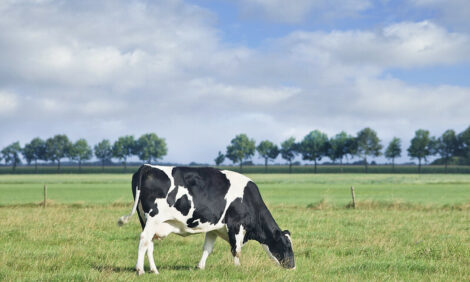



Official Programme to Combat Bluetongue in Spain
SPAIN - The Veterinary Health Alert Network (RASVE) under the Ministry of Agriculture, Food and Environment, has published on its website the official programme to combat bluetongue disease, to be implemented in Spain during 2012.Serotypes of bluetongue virus detected in mainland Spain in recent years have been:
- Serotype-1: detected in Spain for the first time in July 2007.
- Serotype-4: first detected on the Iberian Peninsula in October 2004, and after his elimination was detected again in October 2010.
- Serotype-8: first detected in the peninsula in January 2008.
With the emergence of serotypes above, appropriate control measures have been implemented including; a programme of serological, clinical and entomological control, the movement of animals of species susceptible to the disease from the restricted areas, and a vaccination programme against different serotypes.
Spain was declared free of serotype 4 BT in March 2009 and so the vaccination programme against it was stopped. However, the presence of the virus in North Africa and the risk of reintroduction into the peninsula, has led to a 'lower-risk area serotype 4' status.
This Order established a restricted zone S-1-8 (which included the whole of mainland Spain) and the creation of that 'lower-risk area serotype 4' which included the provinces of Malaga, Cadiz and Huelva, and livestock regions Utrera (Bajo Guadalquivir), Osuna (Countryside / Sierra Sur), Lebrija (The Marshes), Sanlucar la Mayor (Seville west) and Marchena (Serranía Southwest) in the province of Seville.
In the year 2012 there will be the following zoning:
- Free Zone: Canary Islands and Balearic Islands.
- serotype-restricted zone 1, 8: the whole of mainland Spain under the restricted area serotype 1, 4 and 8.
- serotype-restricted area 1, 4 and 8: provinces of Malaga, Cadiz and Huelva, and livestock regions Utrera (Bajo Guadalquivir), Osuna (Countryside / Sierra Sur), Lebrija (The Marshes), Sanlucar la Mayor (Seville west) and Marchena ( Southwest Highlands).
Note that during 2012 the surveillance system, except for entomological surveillance program, will remain in 2009-2010-2011.
TheCattleSite News Desk


